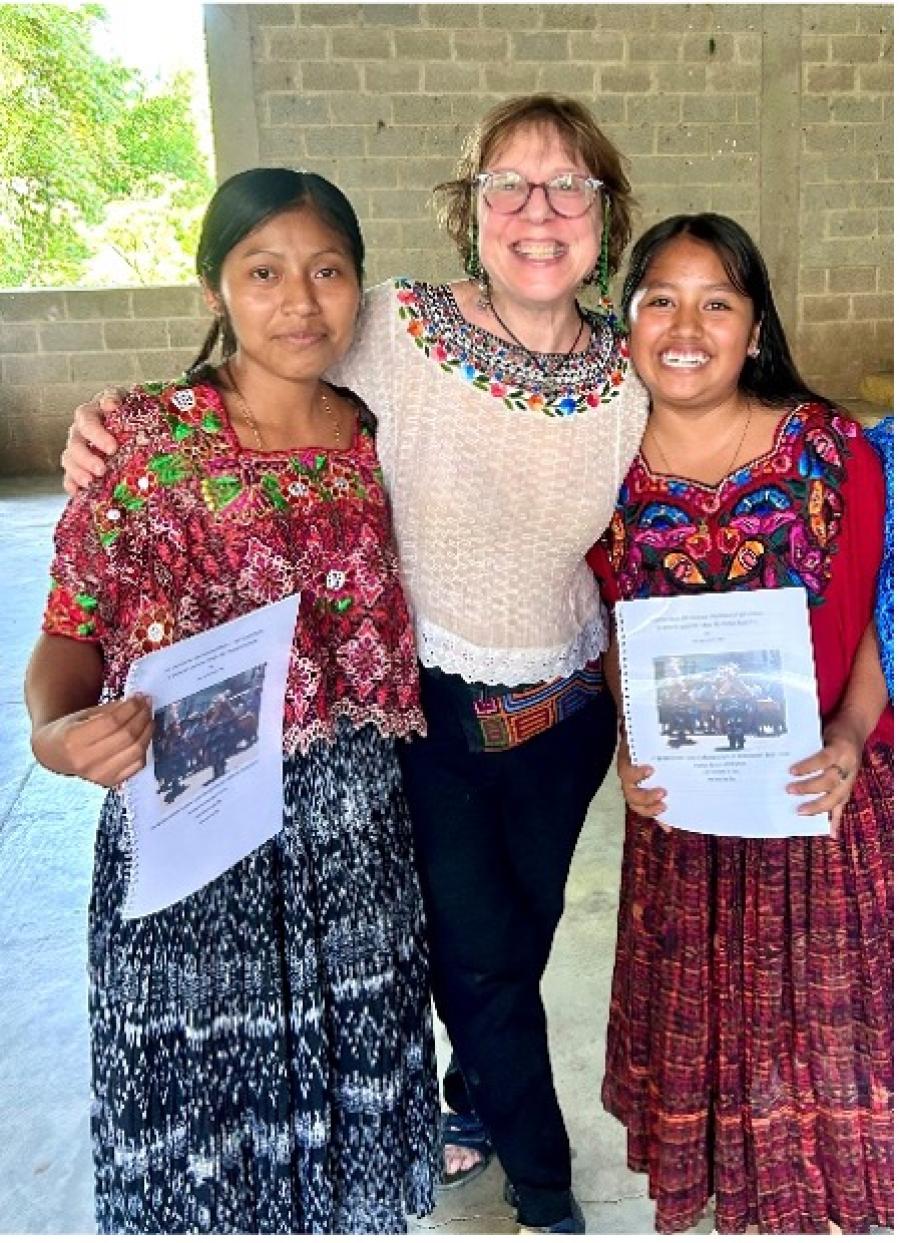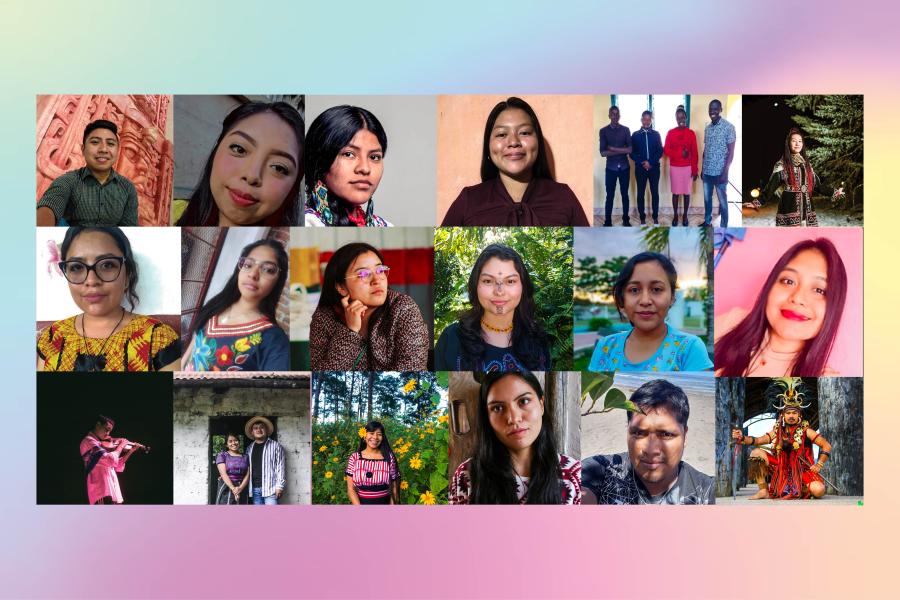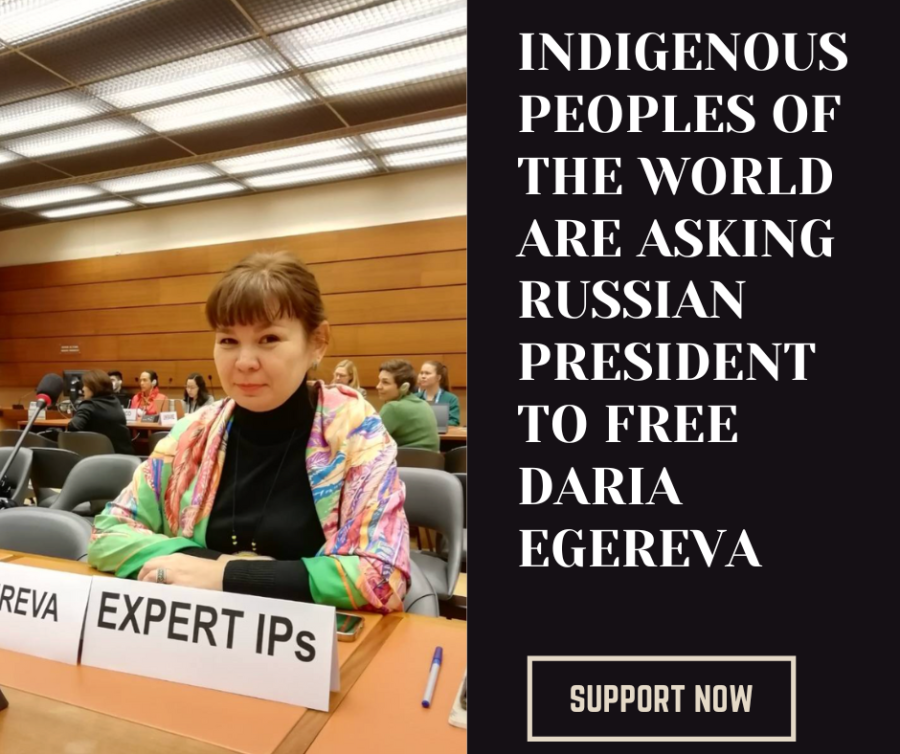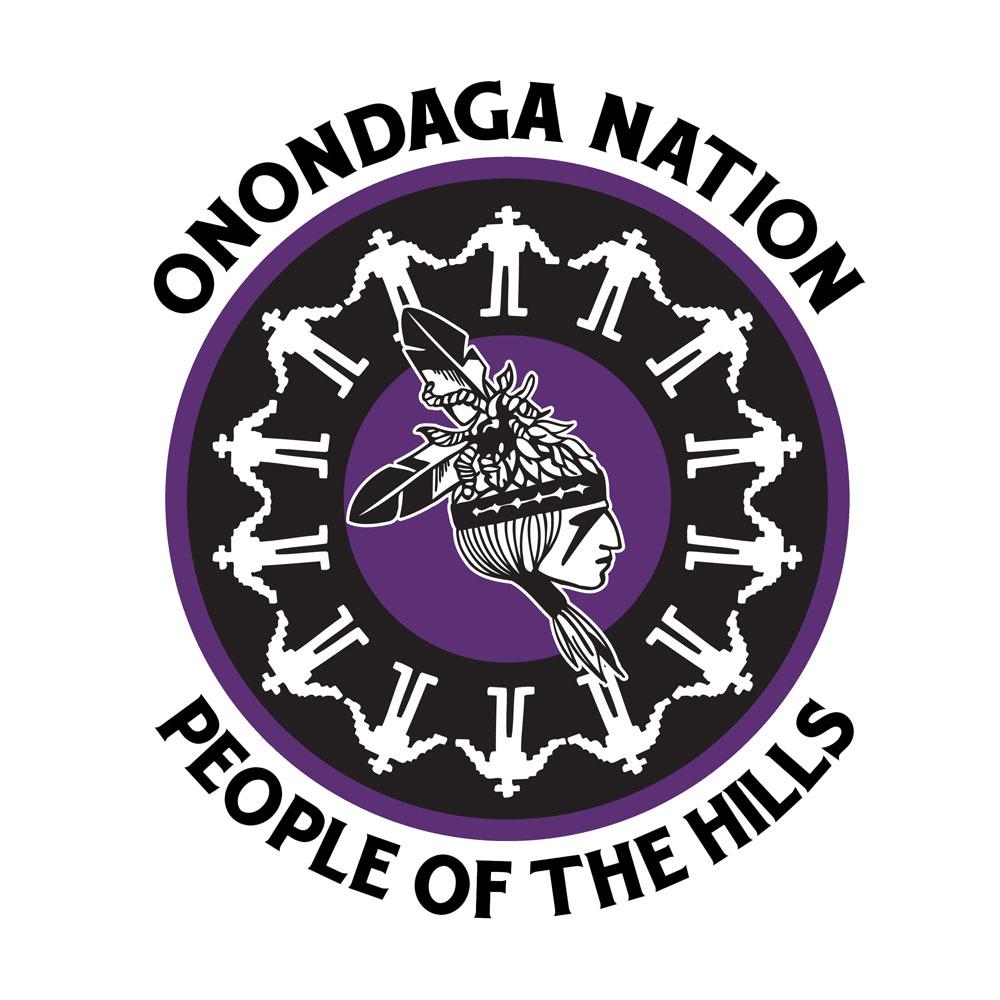
By Camilla Lindschouw (CS Intern)
Despite the existence of these treaties, New York State illegally claimed more than 2 million acres of land between 1788 and 1822 for the purpose of selling it for profit to non-Indigenous landowners. The illegally claimed land encompasses ancestral Onondaga territory from Syracuse and Onondaga Lake to the eastern shore of Lake Ontario, Binghamton to the south, and Watertown to the north.
The Onondaga Nation historically has adopted a diplomatic approach with colonizing settlers in matters of land claims, opting to work together to protect the land and its waters. In the wake of numerous prior Indigenous land claims rejected by the Supreme Court and many years of discussion in the Confederacy’s longhouse regarding the Onondagas’ pursuit to have their land rights upheld on a state and federal level, the Onondaga Nation sued the State of New York in 2005 to challenge the state’s illegal land acquisitions. The Onondaga Nation v. The State of New York asked for the Onondaga Nation’s right to be heard in decision-making processes affecting their homeland and livelihood, and for the Federal District Court of Northern New York to issue a declaratory judgment conceding that New York State knowingly took Onondaga land illegally, thereby ruling the transactions void.
General counsel Joseph Heath, who has represented the Onondaga Nation for more than 40 years, explained the impetus for the suit: “We’re careful not to call [this lawsuit] a land claim. It's a land rights action. The distinction is that [the Onondaga Nation] have never intended to take land away from innocent settlers. They clearly need land back. What [the Onondaga Nation] said is that we have a right to be heard, particularly [about] environmental decisions throughout our homeland. They enjoyed 2 and a half million acres right in the middle of New York, and now they're down to less than 8,000.”
The lawsuit was the culmination of rapid and reckless corporate pollution of the Onondaga Nation’s land, air, and rivers, which has threatened the livelihood and ancestral food sources of Onondaga citizens and compromised the environment for all inhabitants. Four corporations were named as defendants alongside the State of New York: Honeywell International, Inc, Clarke Concrete Company, Hansen Aggregates, and Trigen Syracuse Energy Corporation. The corporations have dumped toxic waste into lakes and rivers, mined in ancestral and historical sites, and contributed to air pollution from the burning of coal and plastic, among other violations.
Despite treaty guarantees and severe environmental degradation to the detriment of past, current, and future generations of the Onondaga Nation and their settler-neighbors, the Federal District Court ruled in favor of the State of New York, dismissing the lawsuit on the grounds that respecting the Onondaga Nation’s treaty-guaranteed rights would cause too much disruption for the people of New York. After several unsuccessful appeals, the Onondaga Nation had exhausted all domestic legal remedies, ultimately enabling the filing of a petition with the Inter-American Commission on Human Rights (IACHR) in 2014. The petition accused the United States of three human rights violations of international law, as well as having a court system that does not enable any remedy for violating Indigenous treaty rights.
The Doctrine of Christian Discovery, which became established in U.S.-Indian Law in Johnson v. McIntosh (1823), is central to the legal justification of the continuous enabling of dispossessing Indigenous Peoples of their lands. In Johnson v. McIntosh, it was decided that "discovery gave an exclusive right to extinguish the Indian title of occupancy, either by purchase or by conquest,” acknowledging as a principle the legal right to successors of European colonizers to acquire Native Peoples’ lands. The extreme interpretation of this decision, which is frequently deployed, argues that the U.S. Government is under no obligation to respect the rights of Indigenous Nations, as they are simply holders of the right to occupancy and not holders of land ownership.
Heath explained, “We're saying the Doctrine of Christian Discovery is a human rights violation. The U.S. can’t say that they’re entitled to Indigenous Peoples’ land because they're a superior culture. We're also saying that the other problem in U.S.-Indian law is they have concocted this theory of plenary power, which actually means absolute power. That is, the United States says that they can violate any treaty at will with no remedy for the Nations. It is colonial law. It is unacceptable.”
A direct consequence of plenary power and the Doctrine of Christian Discovery is that the U.S. legal system offers no legal remedy or reparations for Indigenous Nations whose treaty-guaranteed rights are violated. Many land claim and land action cases are sought to be resolved through monetary compensation, but, Heath said, "reparations for Indigenous people, at least for Onondaga, doesn’t mean money. It means land.”
In its defense to the IACHR petition, the U.S. cited several Supreme Court cases that have rejected previous land actions or claims by Indigenous Nations, either based on an alleged statute of limitations or because of the argument that ceding the land would be too disruptive to the non-Indigenous settlers currently residing in their ancestral territories.
In July 2023, the IACHR declared the Onondaga Nation’s petition admissible as a matter to be adjudicated on by the Commission. This ruling paves the way for the Nation’s right to pursue claims against the U.S. Government and the State of New York for the illegal and unjust dispossession of Onondaga land nearly two centuries ago under international law—the furthest any Native American Nation has come with land actions on the international legal stage. “Indigenous Nations have said far longer than I've been working for them, going back at least 100 years, ‘We don't belong in the U.S. courts. We're not U.S. citizens. We belong in international court,’’’ Heath said.
Sid Hill, Tadodaho (Chief) of the Onondaga Nation and head of the council overseeing the Haudenosaunee Confederacy, said in a press release after the ruling: “The passage of time does not diminish our determination to protect our people and regain our land which has sustained us for millennia... Our view of life is linked to the core belief [that] we must act to honor those seven generations in the past and serve those seven generations into the future. In this case, justice has certainly been delayed. We hope it will not be denied.”
While the IACHR’s admission of the petition is considered a victory for the Onondaga Nation, Heath noted that the Commission’s future ruling on the merits of the petition will be legally non-binding, and the U.S Government is well aware of it. “We know that the IACHR does not have a legal mandatory power. What it has is a moral power. It will be a very significant moral victory when the U.S. is properly labeled a human rights violator, not only as it applies to Onondaga, but as it applies to the 600 or so Indigenous Nations around the country whose lands they have stolen by other trickery and deception,” Heath said.
In the interim, the Onondaga Nation will be filing additional observations to which the U.S. Government will be able to respond. “We have a very strong direct attack on the Doctrine of Christian Discovery, on plenary power, and on Johnson v. McIntosh...I don't see that the U.S. courts are going to come to grips with their own failures, particularly this current U.S. Supreme Court,” Heath said.
Since the admissibility ruling, the Onondaga Nation has seen a few positive developments in their centuries-long struggle with the State of New York. Previously, Onondaga citizens were routinely ticketed by the state environmental agency for hunting and gathering beyond the small reservation they have been confined to, despite the pollution of their waters by corporations. “Because of 30 years of work, we have forced the environmental agency to stop doing that. We're beginning to get them to recognize that Onondaga has a treaty right to fish and hunt and gather throughout their original territory,” Heath said.
Additionally, the State of New York and the federal government have agreed to return 1,000 acres to the Onondaga Nation. The land includes the polluted headwater area that distributes toxins throughout Onondaga territory, which means the Nation will now be able to begin work on reversing the destruction of a once pristine and traditional fishing ground. “These 1,000 acres of very pristine land with 6 waterfalls will be a place for the children to fish and for women and others to gather medicinal plants and to reconnect with their home,” Heath said.
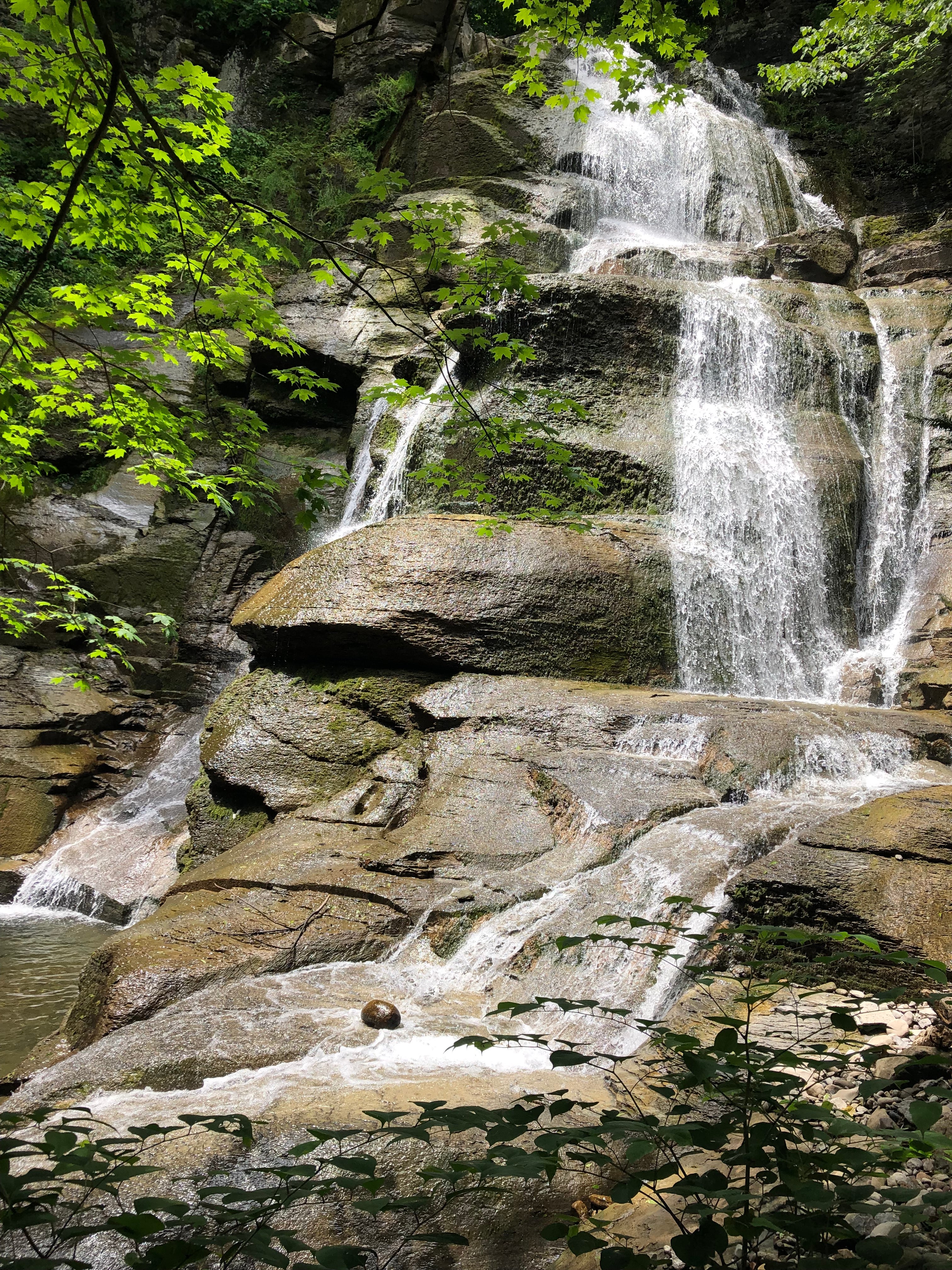 Fellows Falls is one of the tributaries of Onondaga Creek's headwaters and is part of the 1000 acres of land being returned to the Onondaga Nation by the state and federal governments. Fellows Falls among other pristine land will now be under the Onondaga Nation's jurisdiction - an example of the reclaiming of stolen Indigenous and ancestral land. Photo by Joseph Heath.
Fellows Falls is one of the tributaries of Onondaga Creek's headwaters and is part of the 1000 acres of land being returned to the Onondaga Nation by the state and federal governments. Fellows Falls among other pristine land will now be under the Onondaga Nation's jurisdiction - an example of the reclaiming of stolen Indigenous and ancestral land. Photo by Joseph Heath.
For the Onondaga Nation, the petition that is now before the IACHR is about justice and healing. To gain justice for Indigenous Nations, it is necessary to change the fundamental basis of U.S.-Indian Law, including the Doctrine of Christian Discovery and plenary power, which is what this case aims to do. A favorable ruling for the Onondaga Nation “would benefit hundreds of Nations and it would also bring the United States much more in compliance with international law,” said Heath.
Main image courtesy of the Onondaga Nation.
